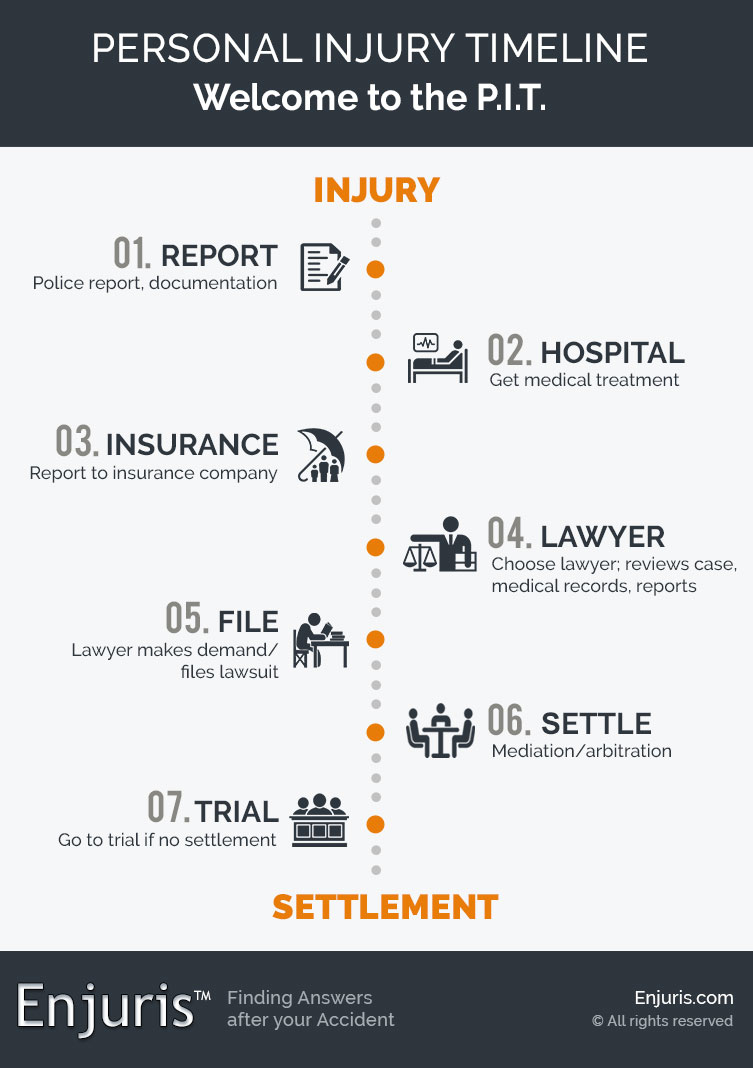The Real Estate Lawyer'S Manual On Landlord-Tenant Regulation
The Real Estate Lawyer'S Manual On Landlord-Tenant Regulation
Blog Article
Material Composed By-Staal Schofield
When it pertains to landlord-tenant regulation, understanding your rights and obligations is vital for both parties. You might assume you have a strong grasp on the fundamentals, but there are typically subtleties that can capture you off guard. Whether you're a property manager handling a building or a lessee trying to find a secure home, understanding the legal landscape can make all the difference. What could amaze you are the complexities involved in navigating disagreements and expulsion procedures.
Understanding Renter Civil Liberties and Responsibilities
When you rent a property, it's vital to comprehend your rights and responsibilities as a tenant. You can a secure and habitable living setting, indicating your property owner must keep vital solutions like home heating, pipes, and electrical power.
You're additionally qualified to privacy; property owners typically need to give notice prior to entering your device.
On the other side, you are accountable for paying rental fee in a timely manner, maintaining the property tidy, and not causing damages past typical wear and tear.
Familiarize on your own with your lease arrangement, as it describes certain guidelines and responsibilities. Knowing these elements not just secures you yet likewise cultivates a favorable connection with your property manager.
Stay notified, and you'll navigate your occupancy more effectively.
Key Property Manager Commitments and Legal Considerations
While you might understand your civil liberties as an occupant, it's similarly crucial to understand your proprietor's responsibilities.
Landlords have to offer a secure and habitable living environment, making certain that crucial systems like heating, plumbing, and electricity are in functioning order. They're likewise responsible for making necessary fixings without delay and adhering to regional building regulations.
Furthermore, property owners must appreciate your personal privacy by providing proper notification before entering your unit, normally 24 hours. They must manage down payment according to state laws, including returning them without delay after you leave, minus any lawful reductions.
Recognizing is a loan modification a good idea can help you preserve a favorable relationship with your proprietor and ensure your living scenario fulfills legal requirements.
Browsing Disputes and Expulsion Processes
Disputes between property owners and lessees can develop all of a sudden, making it vital for you to comprehend the processes involved in resolving them.
First, communication is vital-- try to discuss concerns directly to find a concession. If that falls short, familiarize yourself with your regional laws concerning conflicts and eviction. File every little thing: keep documents of communications, settlements, and any violations.
If expulsion comes to be required, ensure you follow the legal steps needed in your area, which usually includes giving composed notice and a particular timeframe for resolution.
Be prepared to go to court if https://www.theglobeandmail.com/real-estate/toronto/article-in-ontario-real-estate-buyers-are-holding-out-for-a-price-cut/ , maybe your only option. Recognizing these procedures will certainly assist you navigate disagreements better and safeguard your civil liberties as either a property manager or occupant.
Conclusion
In summary, comprehending landlord-tenant law is important for both parties involved in a rental contract. By understanding your civil liberties and duties, you can foster a far better living environment and stay clear of conflicts. If disagreements emerge, keep in mind that a real estate legal representative can assist direct you with the intricacies of expulsion procedures and lawful obligations. Remaining educated and aggressive will certainly guarantee a smoother rental experience, whether you're a property owner or a tenant.
